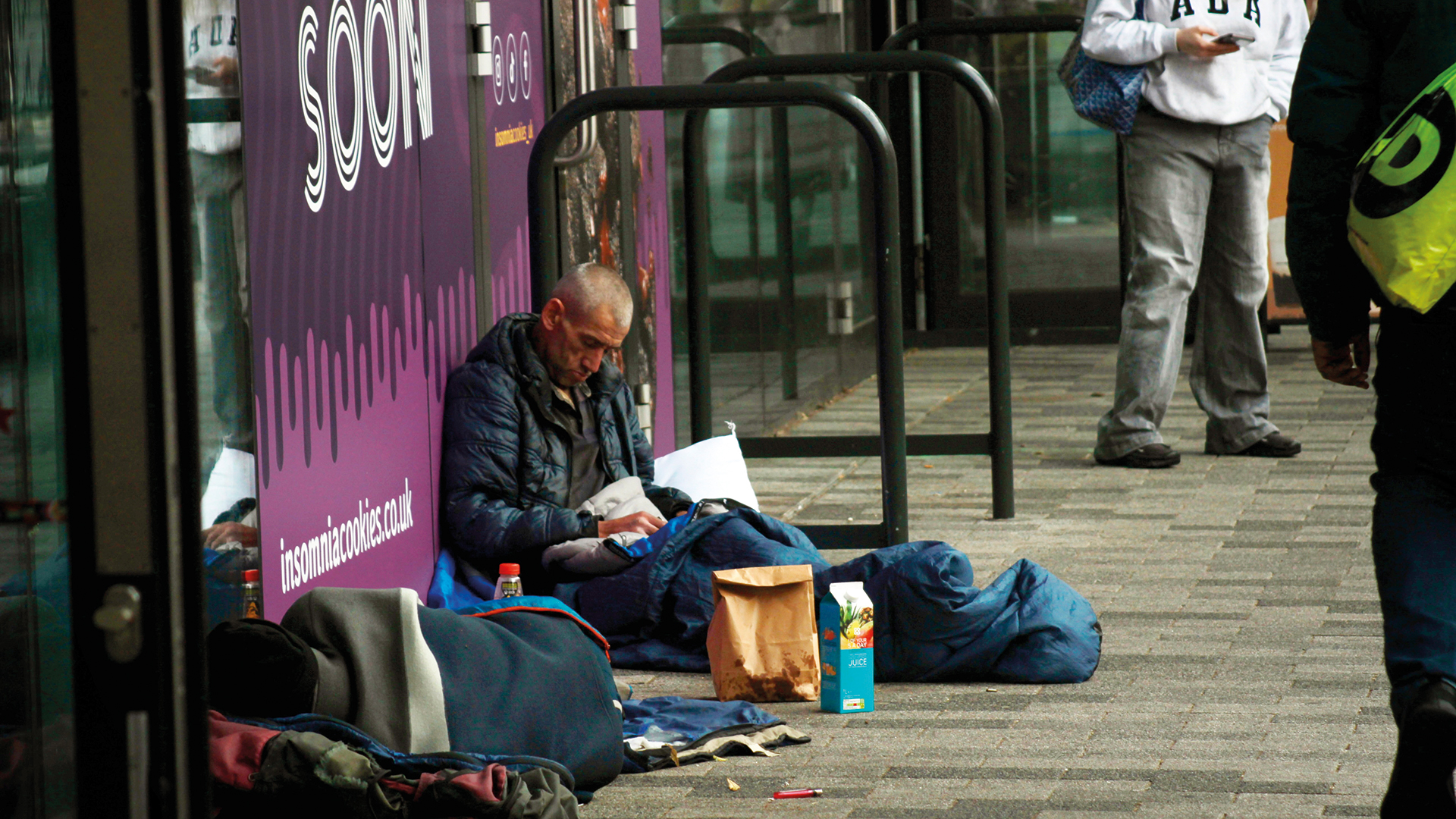“The rough sleeping provision in the bill cannot be fixed by tinkering around the edges. Like the Vagrancy Act before it, it must simply be scrapped,” said Kerridge.
“The fact is police forces and councils already have similar powers that are much better defined and no one – not charities working with rough sleepers or MPs from across the Commons – think this bill will do anything other than criminalise some of society’s most vulnerable people.
“Rough sleeping is a complex problem and it is getting worse – that should be the government’s only focus in this area.”
Home secretary James Cleverly, who inherited the bill from his predecessor Suella Braverman, said the bill allows “police and local authorities to address behaviour that makes the public feel unsafe”.
Cleverly added: “This government listens, and we have worked hard to ensure these proposals prioritise helping vulnerable individuals, whilst ensuring communities are safer and better protected.”
The government first promised to scrap the Vagrancy Act in 2021 but it remains on the statute book 200 years after it came into force to deal with soldiers on the streets following the Napoleonic Wars.
That means people are still facing criminal action for having no option but to sleep rough on the streets. More than 600 homeless young people have been arrested under the act since 2019, according to Centrepoint research.
The legislation will only be removed when it is replaced despite long-standing arguments from homelessness charities arguing that it is redundant.
Crisis chief executive Matt Downie said: “It’s right that the UK government is removing some of the worst parts of the Criminal Justice Bill, but the premise of the laws remain. People sleeping rough will still be viewed as a ‘nuisance’ and remain at risk of fines and prison. This is unacceptable.
“Police will still be able to move people on and those who don’t comply could still be subject to fines and prison sentences. Police already have the powers to deal with genuine anti-social behaviour – making these new laws completely unnecessary.”
Downie added that no further funding for homelessness services will accompany the bill, meaning that signposting rough sleepers to support does not guarantee people access to help.
The government said the rough sleeping and nuisance begging provisions will come into force three months after the bill receives royal assent to allow local authorities, police and charities to prepare.
Policing minister Chris Philp said: “We have listened carefully to the proposals and have worked constructively to ensure they are proportionate, properly targeted, and ensure vulnerable people are directed towards support while protecting communities from antisocial behaviour.”
A whistleblower recently told the Big Issue working on the bill left them “ashamed” and sick of working on “crackpot Tory ideas”.









